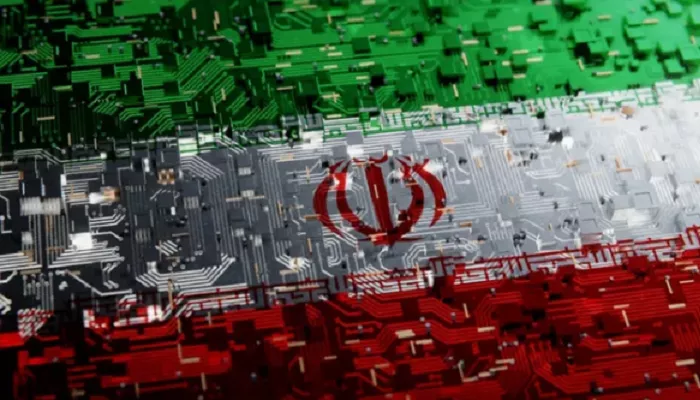Iran has urged its citizens to delete WhatsApp from their smartphones. The government claims the messaging app has become a tool for sharing strategic information with Israel during the ongoing conflict.
According to the Associated Press, Iranian state television issued this warning on Tuesday, June 17. The report alleged, without offering evidence, that WhatsApp collects user data and shares it with Israel.
Meta, the owner of WhatsApp, denied the accusations. The company said it is worried that these false claims could be used as a reason to block its services. Meta added that people need access to communication tools now more than ever.
Internet Restrictions Return
Iran only restored access to WhatsApp in December 2024. This came after a two-year ban that followed mass protests over the death of Mahsa Jhina Amini. However, since Israeli airstrikes began on Friday, June 13, Iran has tightened internet restrictions again.
On Wednesday, June 18, NetBlocks reported that Iran experienced a near-total internet blackout. Citizens have increasingly turned to VPNs to stay connected.
VPN Use Surges as Access Shrinks
Iran’s Prosecutor General had warned that media and social media posts could face legal action for content that might harm “society’s psychological security.” This led to a surge in VPN use, with demand jumping over 700% on Sunday.
However, many VPN services have been unreliable. Users say their VPN apps work only at times. Proton VPN confirmed to TechRadar that it saw a big rise in use, but also noted stronger efforts by authorities to block VPN connections.
Cloudflare, a major DNS provider, reported a 90% drop in internet connectivity starting at 4 p.m. local time on Wednesday. The outages do not appear to be caused by physical damage to infrastructure.
Government Response and Expert View
On Monday, government spokesperson Fatemeh Mohajerani described the internet limits as “temporary, targeted, and controlled.” She said the restrictions aim to stop cyberattacks. Still, these measures prevent many Iranians from communicating or accessing critical information.
Proton VPN’s General Manager, David Peterson, said: “In Iran, internet blackouts, as well as VPN and social media blocks, have become normalized and are now another tool that the regime can turn to.” He added that while some VPNs can help during targeted disruptions, they cannot restore access during a full internet blackout.


